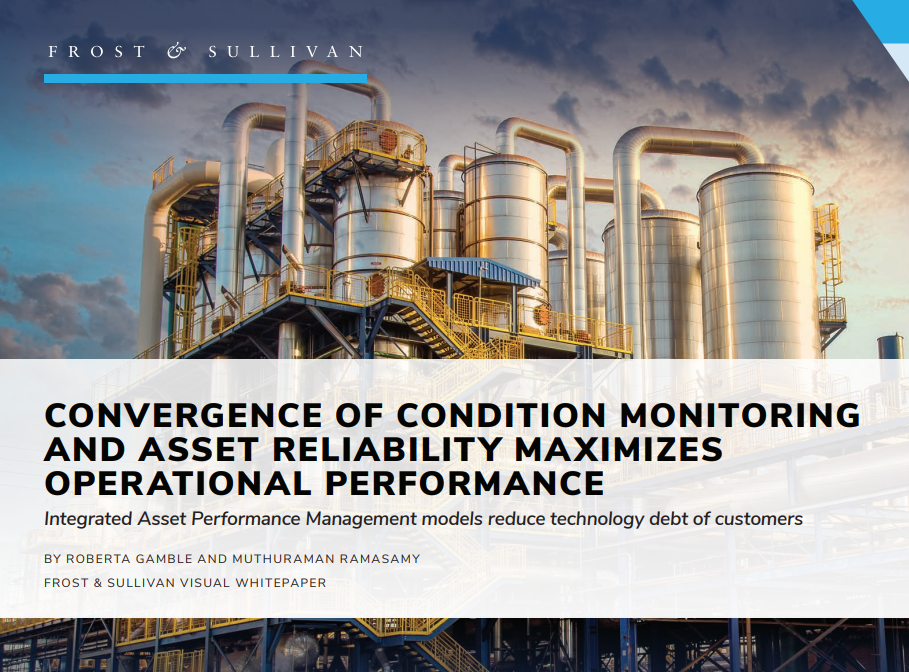It’s a common scenario: you have attended a Root Cause Analysis training course, have developed and set up trigger points based on organizational strategic objectives to determine the threshold for conducting RCA, and now feel confident as a trained facilitator that you have everything needed to perform RCA to solve organizational issues.
But a few weeks or months have passed and so far, none of the problems your organization has encountered have met or surpassed the set thresholds required to perform Root Cause Analysis. As far as your newly learnt knowledge and skills are concerned, you find yourself metaphorically twiddling your thumbs.
We talk a lot about change management and embedding Cordant™ RCA methodology into the fabric of our organizations, not only to find solutions that prevent problem recurrence, but also to find proactive solutions to systemic problems that are present across the whole of an organization. Systemic problems often get overlooked and can lay dormant within a company for quite some time, but if we are not performing these RCAs and seeing quantifiable results then the value of learning how to perform an RCA is lost, as is the return on investment that went into the training itself.
Use it before you lose it
Now, most of us know the phrase ‘practice makes perfect’ which in essence means 'the more you practice, the better your skills become’. The phrase originates in the mid 1500's in the American English language which was adopted from the Latin phrase “uses promptos facit.” The saying has changed in the way it was used earlier, from its original form "use makes perfect," to the phrase we know today "practice makes perfect.” We all understand that although there is no such thing as a perfect Root Cause Analysis, we should still practice and use our newly learned skills and knowledge by performing an analysis on any problem, regardless of size as soon as we possibly can after we have been trained. Most of us also know the phrase, "use it or lose it."
Showcase RCA success to management
To start, lower the organizational Root Cause Analysis threshold and practice performing RCA on any problem. Not only will this help us practice so we don’t lose the learning, but it will also show the whole team from top to bottom the value of performing RCA. When you can demonstrate that your effective solutions prevent the recurrence of a problem, you're able to quantify that and determine the ROI on RCA. This will also help us embed the methodology within our organization on many levels, having gained management buy-in.
Don't let fear get in the way
Another reason we leave performing RCA so long after the training is ‘fear of failure.’ As an RCA Trainer, I have often heard very competent trainees say to me that although they have learned the methodology and feel comfortable facilitating RCA in a training setting, they are afraid to actually use the training at their site as they doubt they will have enough specific knowledge of a problem in order to offer effective solutions.
As Franklin D. Roosevelt said during his first inauguration in 1933 “There is nothing to fear but fear itself.” We should not be afraid or fear the specifics of a problem. It’s the task of those who work with the problem, the SME’s, to use their knowledge and expertise to come up with the individual causes to make decisions regarding effective solutions and the implementation of them. In this logic, we see that there are infinite possibilities for solving all kinds of problems. Once you have this understanding, you will without doubt see that you have nothing at all to fear.
So, to conclude, facilitators should conduct problem analyses whenever possible following training, regardless of size, and do not let the fear override the knowledge and skills you now possess to get the job done. Only once you have built the confidence in yourself to effectively solve problems you should then adhere to your organizational thresholds.
It's never too late for a refresher
If it’s been awhile since your training and you haven’t yet preformed an RCA, pick up your manual or course notes, speak with others that have attended RCA training or reach out to your RCA trainer. The key in this situation is to refresh yourself with the methodology, then, practice, practice, practice.
RCA is a journey and that journey will hopefully last for your whole career. It’s no doubt that within any organization, no matter the size or sector, there will always be employees that need to be kept safe, downtime that needs to be kept to a minimum, wasted resources that needs to be eliminated, quality that needs to be improved, reputations that need to be kept, revenues that need to be increased, and costs that needs to be cut, to name a few.
Enjoy your RCA journey.


